What Is Skin Gritting? Benefits, Precautions, And More
Minimize breakouts and cleanse every pore with the benefits of this skincare trend.
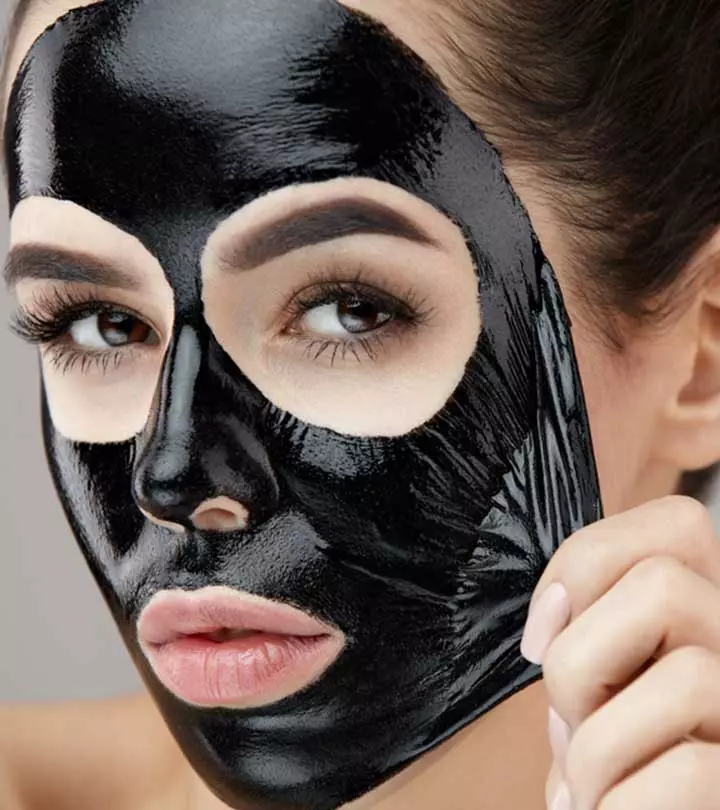
Image: Shutterstock
If you are always searching for the latest skin care trends, you might have heard of skin gritting. This deep pore cleansing method has taken the beauty world by storm and has quickly found its way into beauty routines. This method involves multiple steps to dislodge dirt from your skin pores and minimize breakouts. Keep reading to understand the benefits of skin gritting, learn the step-by-step process, and precautions to take.
In This Article
What Is Skin Gritting?
Popularized by Skincare Addiction Community on Reddit in 2015, skin gritting is a method of removing blackheads from your pores.
Gritting combines a number of techniques, such as oil cleansing, applying clay masks, and facial massaging, to help dislodge the grits buried deep in your skin. Grits form due to your pores being clogged with dirt, dead skin, or leftover makeup. Once these clogged pores come in contact with air, they oxidize and become blackheads. People with oily skin tend to have larger pores which fill up with sebum. This can make your skin more prone to developing blackheads, acne, or blemishes. Other than removing blackheads, it gives your skin a shinier and smoother appearance. While people are still not sure if this method works, let us look at the possible benefits gritting may offer.
Key Takeaways
- Skin gritting is a deep pore cleansing method that helps to remove blackheads from the pores.
- Gritting may soften and smoothen your skin and impart a healthy glow to it.
- The oil-clay-oil, oil-acid-clay-oil, and oil-sleep-oil methods are used for skin gritting.
- Do it only once a week, and do not rub your face aggressively as it could result in burst capillaries.
Benefits Of Skin Gritting
With the internet still confused about whether to try it or not, fans of this method claim that gritting may benefit you in the following ways:
- It gives your skin a soft texture.
- It dislodges grits from your pores.
- It gives you a clear complexion.
- It removes dead cells from your skin.
- It stimulates the blood circulation in your skin.
Stephanie Bailey, a YouTuber, shares her experience of skin gritting in the video. Despite high hopes, the results are underwhelming; the blackheads didn’t “slide out” as claimed. However, the combination of oil and charcoal left her skin feeling smoother and clearer. She says, “My skin feels like is a lot more rejuvenated from the oil going in after the clay mask so I feel like it really opened up my pores and then you know putting the oil and just really made it feel lovely it feels incredibly smooth and healthy right now which is a good thing but at the end of the day it didn’t do what it said it did I feel like I’m on like Mythbusters right now (i).
With the benefits of gritting listed above, let’s read now about the different methods of gritting.
How To Do Skin Gritting
These are the three methods popularly used to get rid of skin grits. They are:
1. The Oil-clay-oil Method
This method involves two products— pure carrier oil and clay mask. It can be done in three steps.
- The first step involves using an oil-based cleanser to clear and soften your pores. Studies suggest that healthy participants who used bath oil for 28 days showed significant improvement in barrier skin function and a reduction in symptoms of dry skin (1).
- Clay masks have been popularly used by consumers for removing blackheads, acne, and spots for centuries (2). After you clear your face with an oil cleanser, apply a clay mask of your choice. Let it set, rinse off and pat dry with a towel. The clay mask helps get rid of excess oil and dead cells from your pores.
- Once you have removed the mask and your skin has dried, massage a few drops of facial oil on your skin for 2-3 minutes. At this point, you will notice blackheads and any remaining impurities starting to come out.
2. The Oil-acid-clay-oil Method
This method involves adding one extra step to your gritting routine— exfoliation. Consumers who use this method suggest incorporating an exfoliating acid solution, preferably one with beta hydroxy acids (BHAs) into the routine. BHAs, especially salicylic acid, have been used as an exfoliating agent which stimulates the exfoliation of the skin cells. This results in the removal of dead cells from your skin and promotes cell renewal (3), (4).
- Use an oil cleanser to clean and soften your pores.
- Apply a BHA product on your skin and leave it for 20 minutes.
- Without washing off the BHA, apply a clay mask on top of it. Let it set, rinse it off and pat dry with a towel.
- Once your skin has dried, massage your face with oil for 2-3 minutes and see the grits come out of your skin.
 Pro Tip
Pro Tip3. The Oil-sleep-oil Method
If you are someone with little time on your hands or sensitive skin, this routine is the one for you. This method requires just two things— oil and sleep.
- Finish your night skincare routine.
- Put on a coat of oil and leave it overnight. The oil softens your pores and brings out all the impurities of your skin.
- In the morning, wake up and massage your face with oil to remove the remaining grime.
- Gently remove the oil using a cloth with warm water.
You can choose and try any of the above methods according to your convenience and your skin type. In the next section, we look at some of the precautions to consider before you start skin gritting.
Precautions To Consider Before Doing Skin Gritting
You must keep these tips in mind before you go for gritting.
- Rub your face gently. Rubbing it aggressively may lead to skin irritation.
- Make sure to remove the mask or exfoliating agent completely, otherwise, it can give you dry skin or cause redness and discomfort.
Wondering if you should follow his procedure every day? Let’s find out
How Often Can You Do It
It is highly recommended that you only do skin gritting only once a week. More than that can result in dry skin. Using oil or an exfoliating agent may result in skin irritation or inflammation. If you feel any discomfort or see your skin drying too often, stop it altogether. How do you know what is coming out from your skin are grits and not anything else? Let’s look into the next section to figure that out.
How To Examine Skin Gritting
According to Reddit users, grits will have a black or grey top with a yellow or white bottom. If you see that both ends are black, then it is not a grit. Followers of this method claim that chances are that it is dirt. Another thing to keep in mind is that not all grits will be big in shape. Some can be small, thin, and waxy in texture. This means if you try to flatten them and they don’t, then chances are they aren’t grits. While skin gritting may have its benefits, there are a few risk factors that you need to keep in mind.
Are There Any Risk Factors?
These are a few risks you must keep in mind before you opt for gritting.
- Rubbing your face aggressively could result in burst capillaries and micro-cuts.
- If you have very sensitive skin, eczema, or any skin disease, using an exfoliating agent may cause inflammation. It is strongly advised that you consult your dermatologist before you go for it.
 Pro Tip
Pro TipSkin gritting is a deep pore cleansing method that involves decongesting the pores by removing dirt, makeup, or dead skin. While there is no scientific evidence to support the efficacy of skin gritting, proponents of this method claim it helps remove dead skin, promotes blood circulation, and improves overall skin health. As per your skin needs, you can opt for the oil-clay-oil, oil-sleep-oil, or oil-acid-clay-oil methods. Remember to remove the exfoliating agent completely to prevent dry or red skin. If you have skin conditions like eczema or sensitive skin, consult your doctor before trying skin gritting.
Frequently Asked Questions
Can you use coconut oil for Skin gritting?
No. Coconut oil can clog your pores more. It is ideal to use specially formulated oil cleansers made for this method (5).
Can skin gritting shrink pores?
No. While gritting can help get the dirt and grime out of your skin, it does not reduce the size of your pores.
It is time to conquer blackheads! Here is a comprehensive tutorial and a step-by-step guide on skin gritting and achieving a clearer complexion. Click here to watch the video now!
Personal Experience: Source
StyleCraze's articles are interwoven with authentic personal narratives that provide depth and resonance to our content. Below are the sources of the personal accounts referenced in this article.
(i). SKIN GRITTING // CRAZY Blackhead Removal Method!
https://www.youtube.com/watch?v=eA-O6KDhmQ5
References
Articles on StyleCraze are backed by verified information from peer-reviewed and academic research papers, reputed organizations, research institutions, and medical associations to ensure accuracy and relevance. Read our editorial policy to learn more.
- The effectiveness of using a bath oil to reduce signs of dry skin: A randomized controlled pragmatic study
https://pubmed.ncbi.nlm.nih.gov/27815985/ - Treatment Modalities for Acne
https://www.ncbi.nlm.nih.gov/pmc/articles/PMC6273829/ - Hydroxy Acids the Most Widely Used Anti-aging Agents
https://www.ncbi.nlm.nih.gov/labs/pmc/articles/PMC3941867/ - Salicylic acid as a peeling agent: a comprehensive review
https://www.ncbi.nlm.nih.gov/pmc/articles/PMC4554394/ - Comedogenicity of Oils
https://www.ijcmr.com/uploads/7/7/4/6/77464738/ijcmr_2657_v1.pdf
Read full bio of Bianca Lorena Saldes
Read full bio of Eshna Das
Read full bio of Ramona Sinha
Read full bio of Swathi E






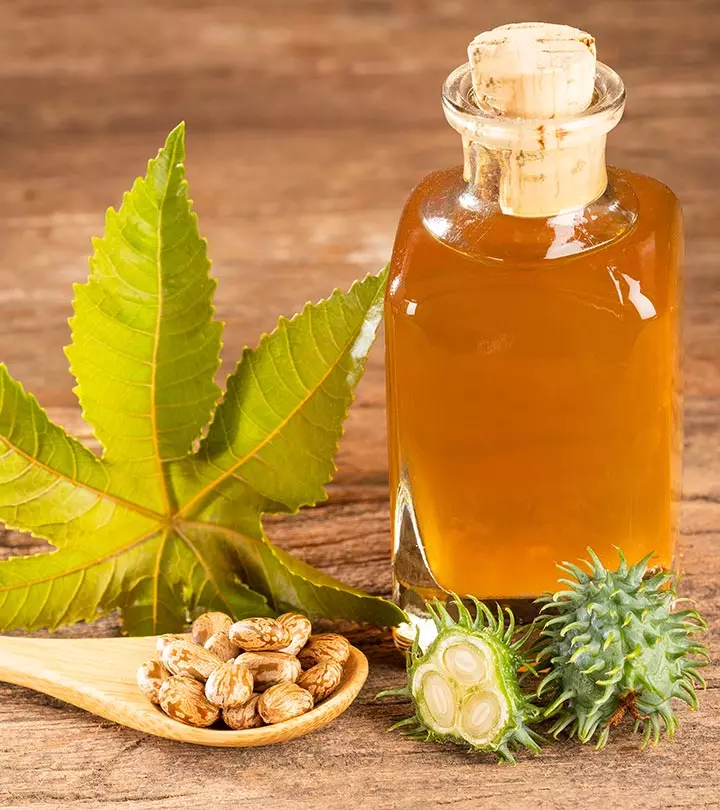
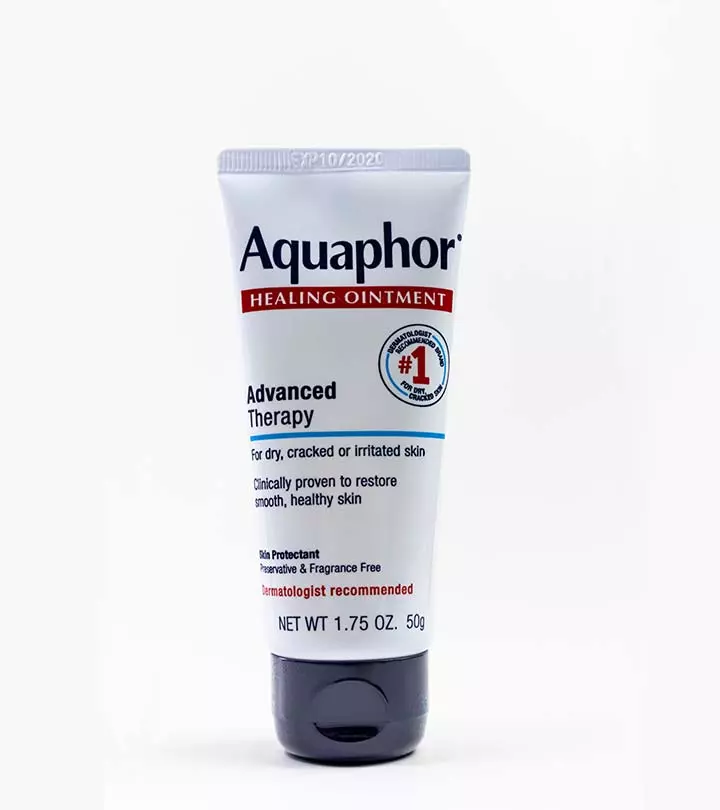
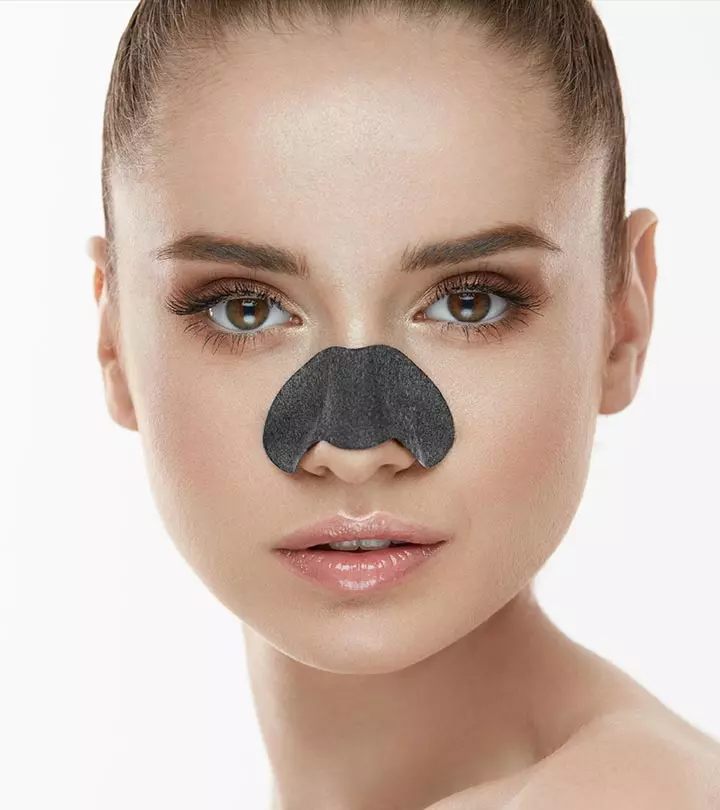

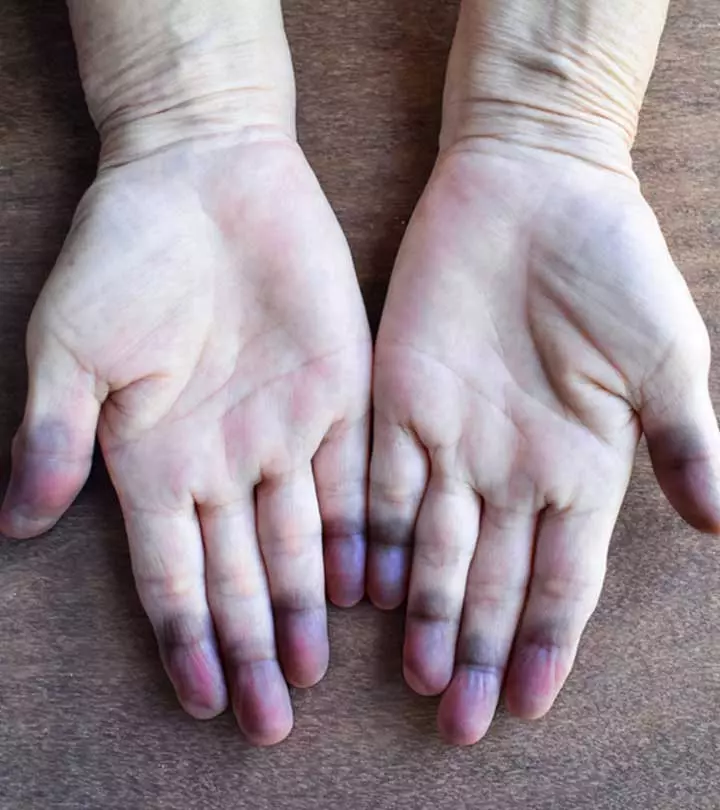
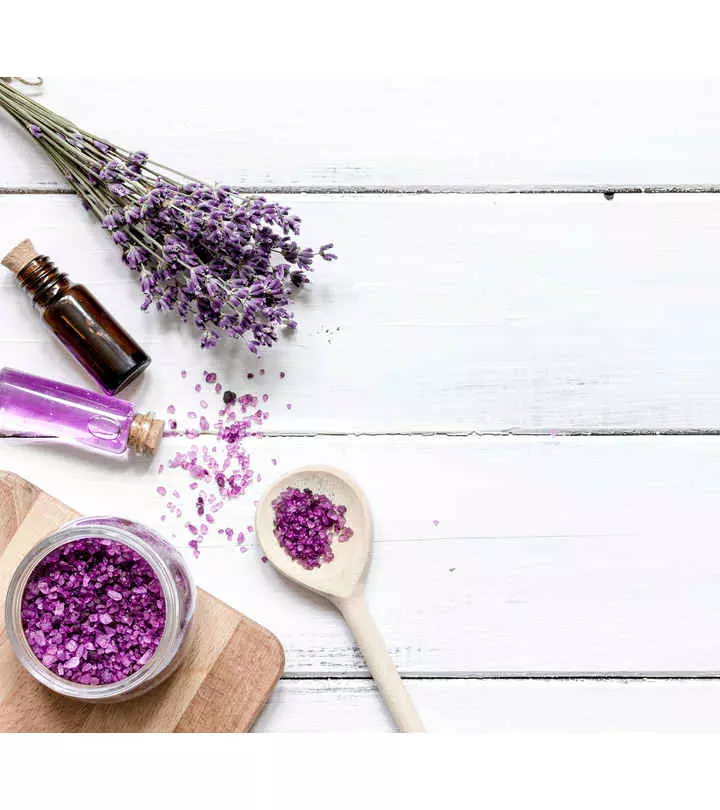
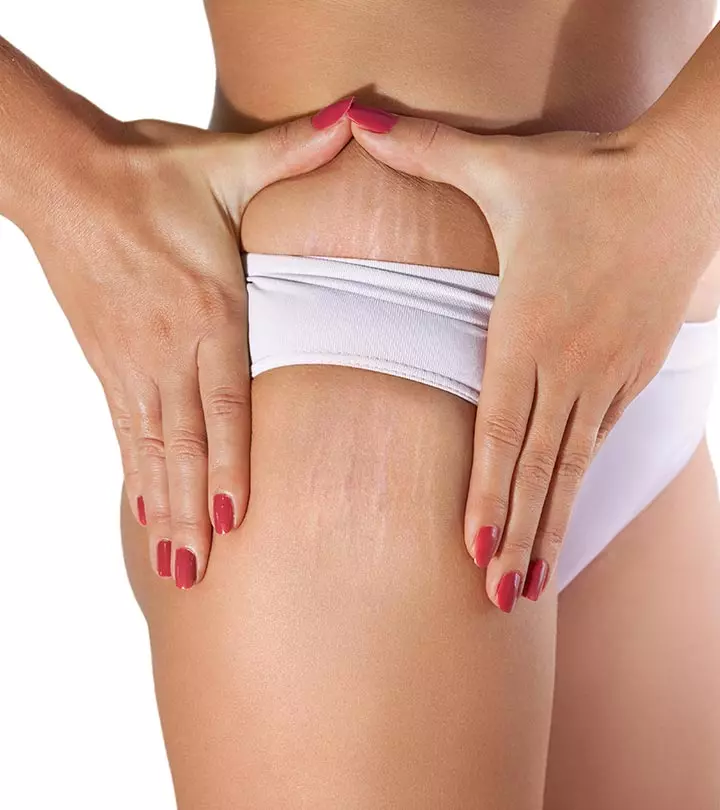
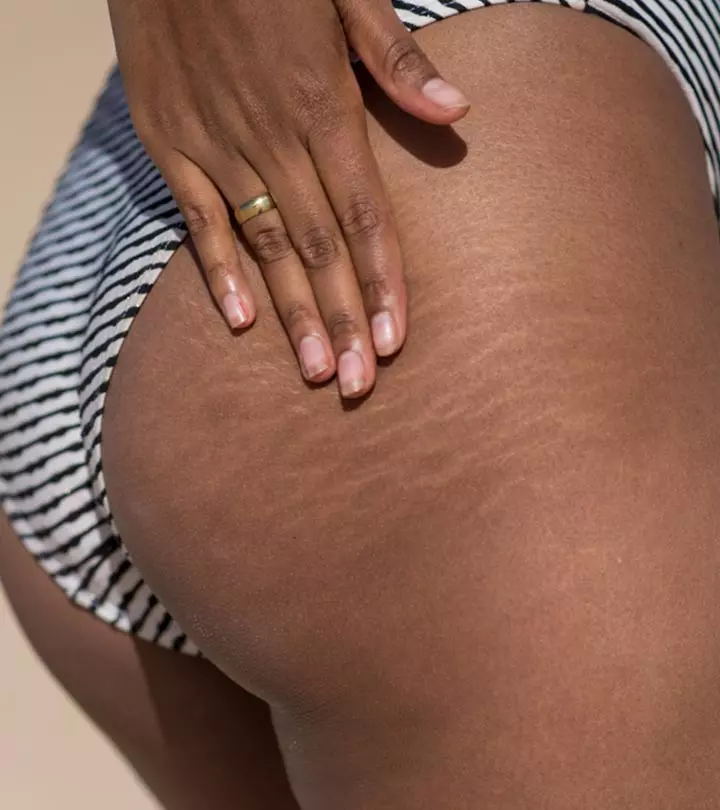
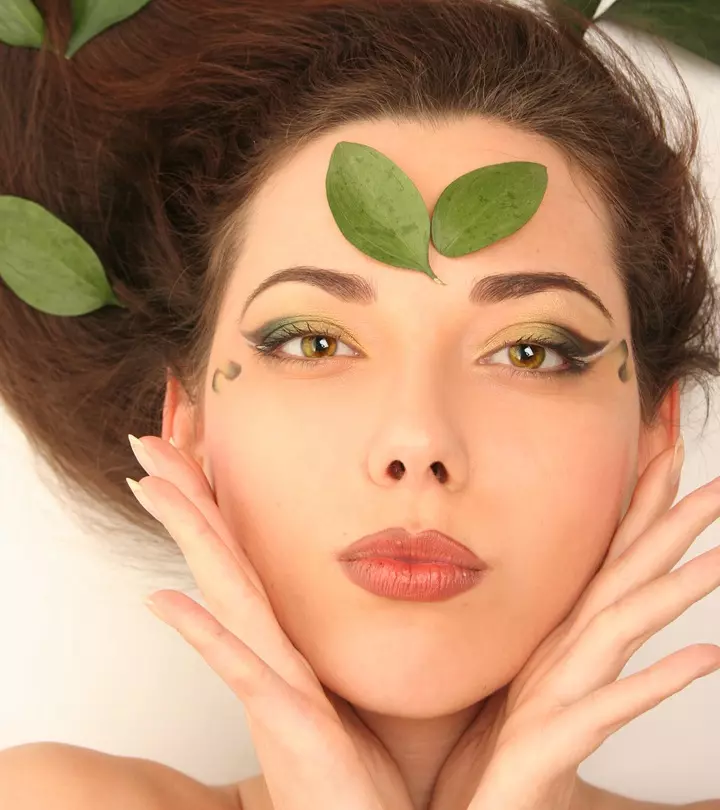
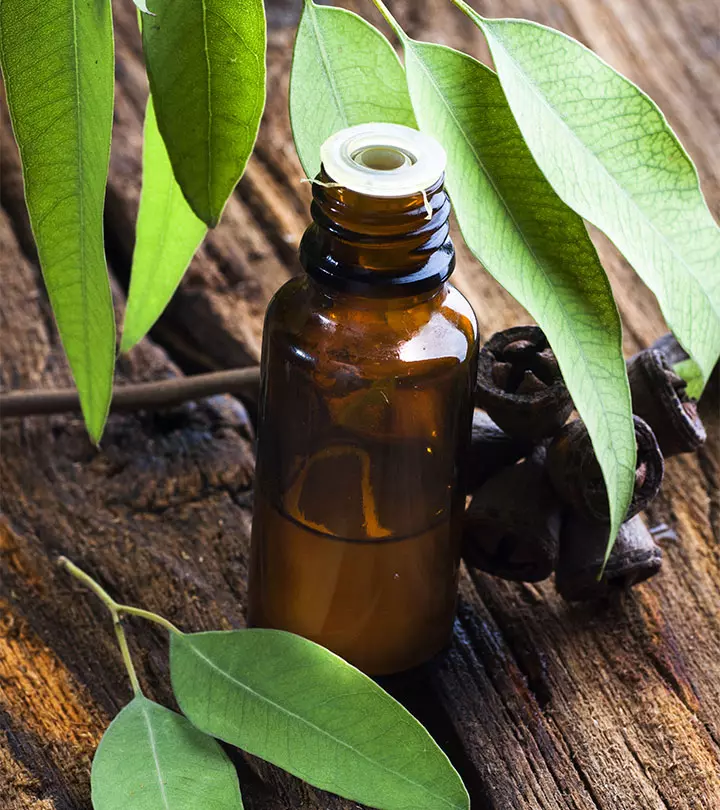
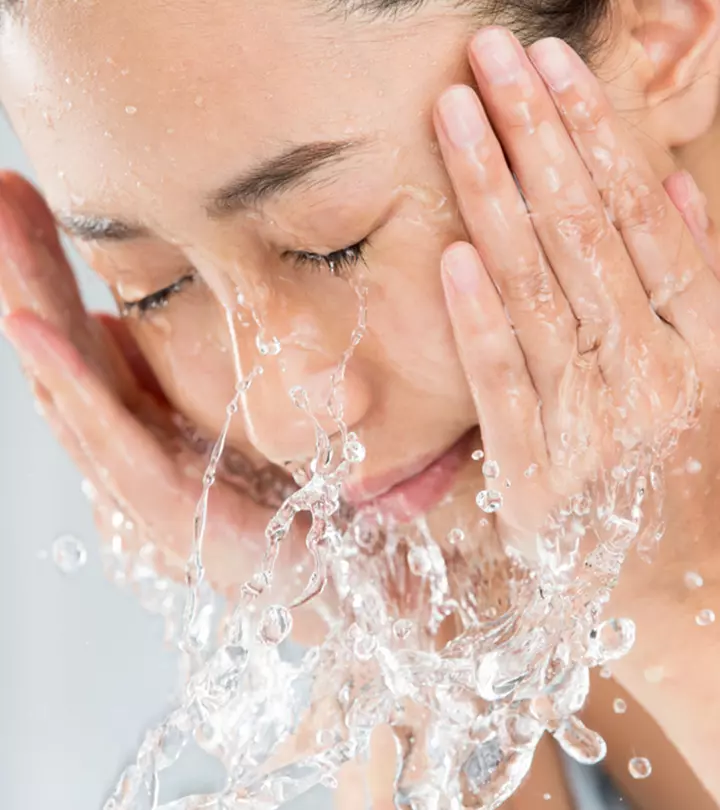
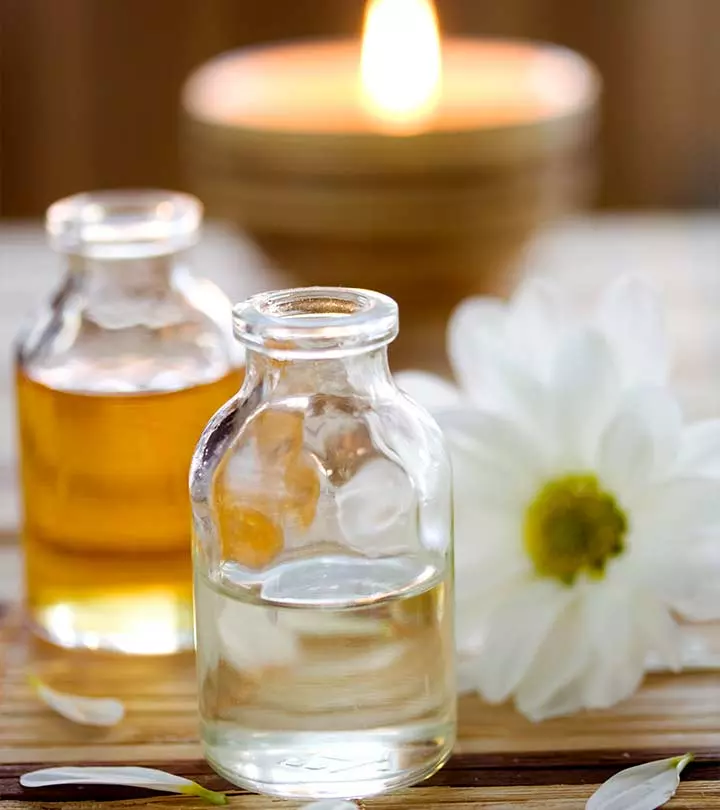
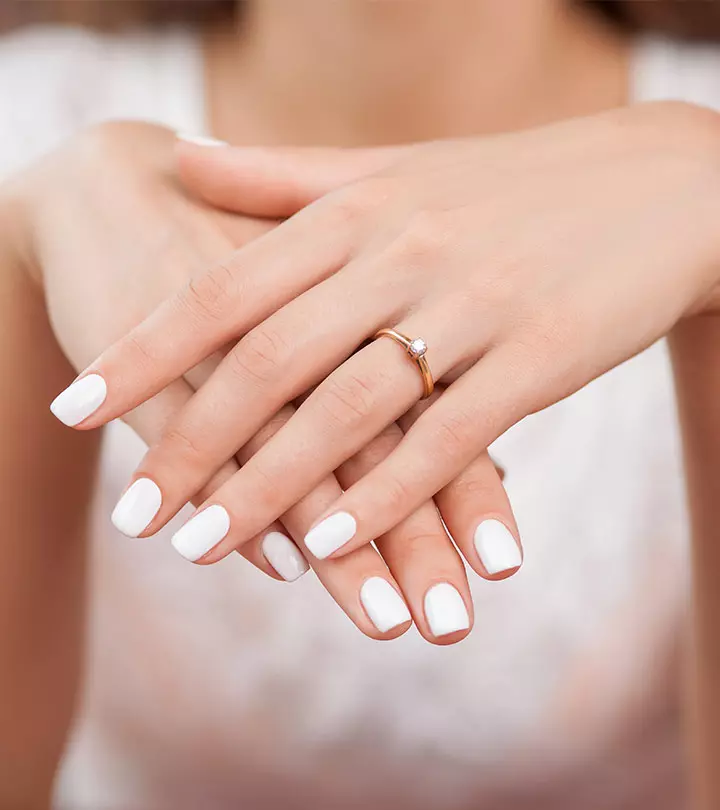
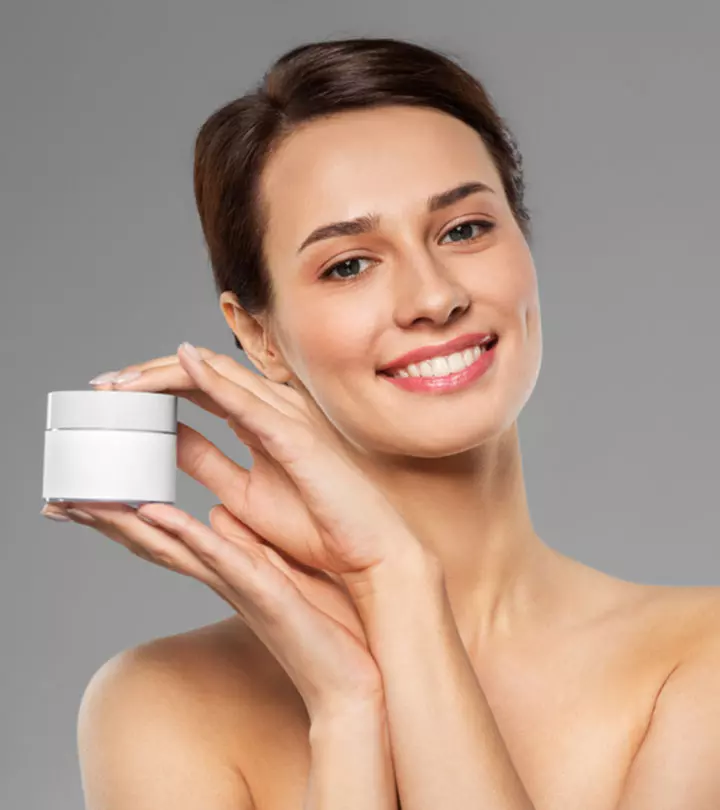

Community Experiences
Join the conversation and become a part of our empowering community! Share your stories, experiences, and insights to connect with other beauty, lifestyle, and health enthusiasts.